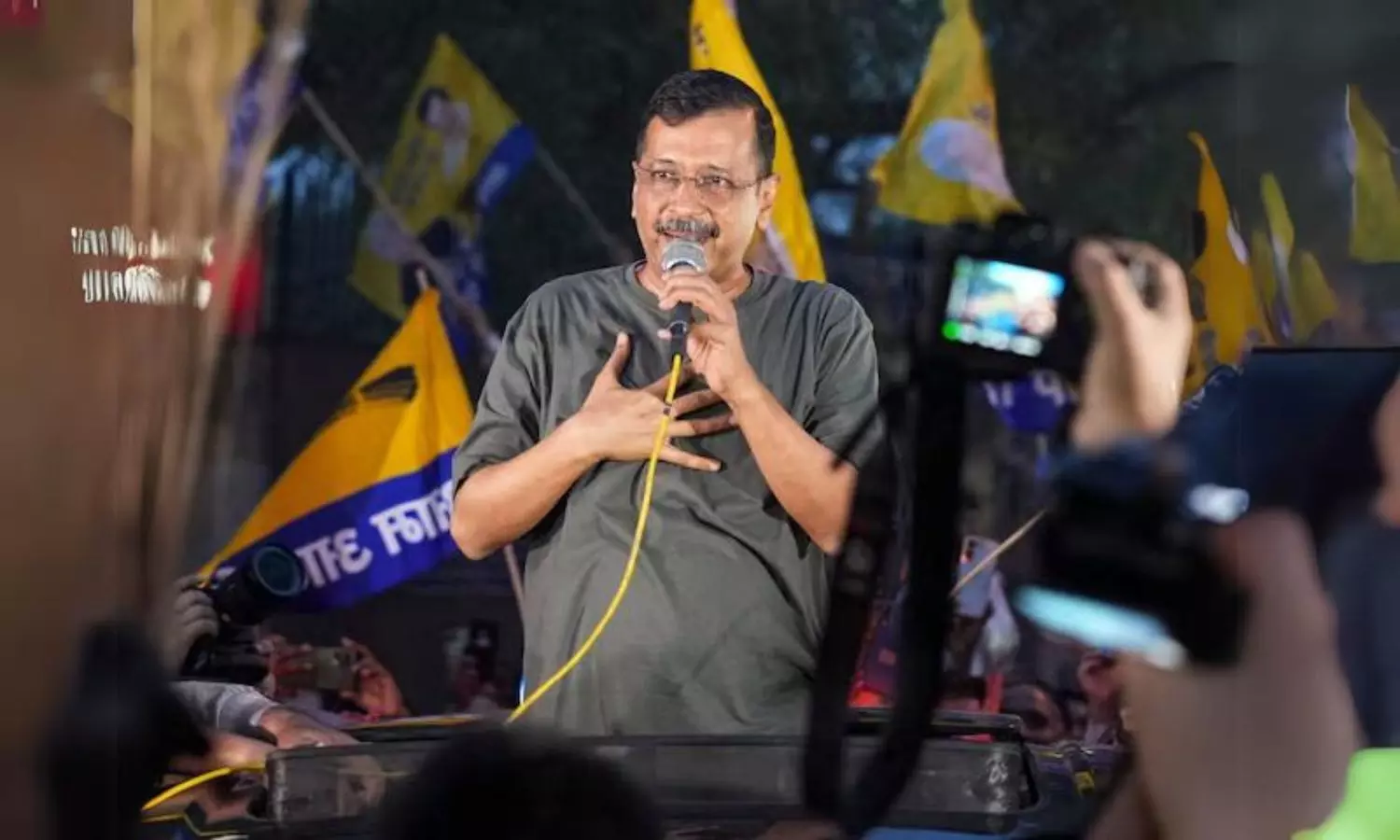Arvind Kejriwal's interim bail - impact on Hemant Soren, Politicians, ED
Arvind Kejriwal's interim bail could set precedents for politicians like Hemant Soren, prompting changes in ED strategies.
image for illustrative purpose

The recent interim bail granted by the Supreme Court to Delhi Chief Minister Arvind Kejriwal and the upcoming hearing for Jharkhand's former CM Hemant Soren have sparked discussions about how it could affect future legal proceedings involving politicians in cases handled by central agencies like the Enforcement Directorate (ED) and the Central Bureau of Investigation.
Some top officials in these agencies believe that the court's observations could influence their strategies in cases where politicians are involved, especially those related to alleged financial wrongdoing under laws like the Prevention of Money Laundering Act (PMLA) or the Indian Penal Code.
Kejriwal was granted interim bail by the Supreme Court, which means he doesn't have to go to jail immediately, but he has to surrender on June 2. The court also heard Soren's case and asked the ED to provide its stance through an affidavit, similar to what was done for Kejriwal.
Sources suggest that the ED is likely to include important details about the corruption case involving Soren in its affidavit, along with evidence of his alleged attempts to avoid summons, manipulate evidence, and intimidate officers.
According to a senior ED officer, the court's decisions in these cases could have significant implications for future proceedings involving other politicians who are in custody or awaiting trial.
Another senior officer stated that both Kejriwal and Soren had ignored multiple summons, which regular citizens wouldn't typically do. The officers also mentioned that cases were filed against ED officers in Jharkhand, which they feel need to be considered.
In its affidavit for Kejriwal's case, the ED argued that granting bail just for political campaigning would be unfair and against the principle of equality, as the work of every citizen is equally important. They emphasised that many politicians are in judicial custody across the country, and special treatment shouldn't be given based on political status.

